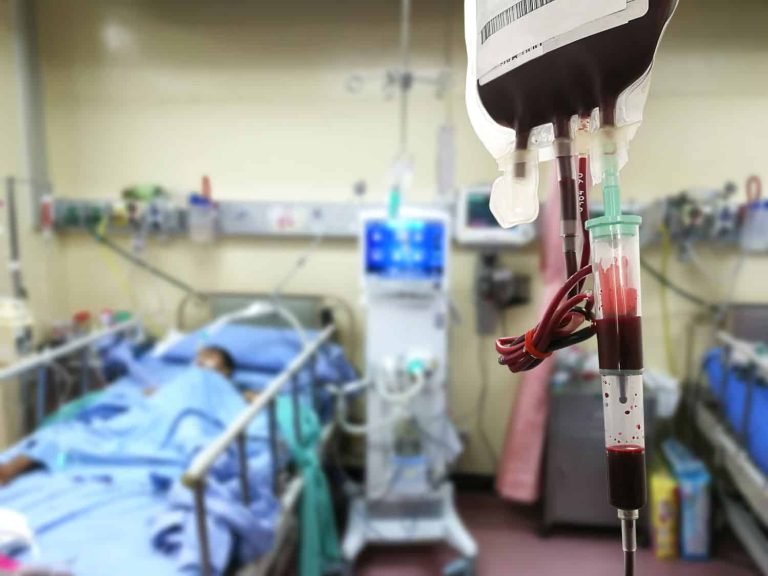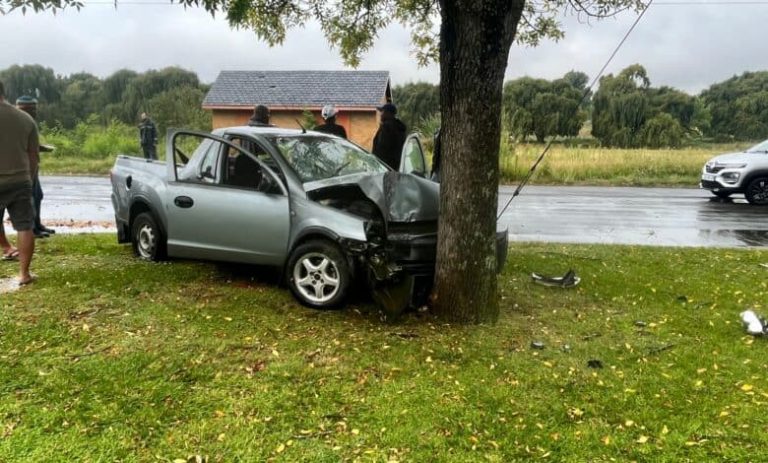
Man accused of attempting to assassinate Donald Trump during a golf game in South Florida last year addressed a panel of potential jurors on Monday, marking the start of a high-profile federal trial.
Ryan Routh, 59, who is representing himself in court, stood before the first group of 60 prospective jurors and offered a polite but unusual apology, “Sorry for bringing you all in here,” he said, dressed in a gray blazer, red-striped tie, and khakis.
The case is unfolding in the federal courthouse in Fort Pierce, where US District Judge Aileen Cannon appointed by Trump has allowed Routh to act as his own defense, with standby attorneys on hand.
Routh faces multiple serious federal charges, including attempting to assassinate a major presidential candidate, assaulting a federal officer, and several firearms violations. He has pleaded not guilty.
The charges stem from a September 15, 2024 incident at Trump’s West Palm Beach golf club, where prosecutors say Routh hid in the shrubbery with a rifle and aimed it toward Trump. A Secret Service agent reportedly saw Routh first and opened fire before he could shoot. Routh fled, dropping the weapon, and was later arrested with help from a witness who had seen him running from the scene.
Routh’s trial comes just months after a separate and narrowly failed assassination attempt on Trump in Pennsylvania, where a gunman fired multiple shots, one grazing Trump’s ear, before being killed by a Secret Service sniper.
On Monday, jury selection began with 120 potential jurors completing questionnaires. The first group was questioned in the afternoon, and Judge Cannon dismissed 20 individuals due to scheduling conflicts or personal hardships. The remaining two groups will return Tuesday for similar questioning, with the goal of seating 12 jurors and four alternates by Wednesday.
Opening statements are scheduled for Thursday, and prosecutors are expected to immediately begin presenting evidence, including a newly unsealed 33-page list of exhibits. Among the items are photographs of Routh holding the same model of semi-automatic rifle recovered at the golf course.
Routh’s conduct in court has already raised eyebrows. At a preliminary hearing, he appeared partially shackled and proposed irrelevant questions for the jury, including queries about Gaza, Greenland, and how they’d respond to seeing a turtle in the road. Judge Cannon rejected those questions as unrelated to the case.
Cannon, who previously came under national scrutiny for her handling of Trump’s classified documents case later dismissed on grounds of improper special counsel appointment has imposed strict courtroom boundaries on Routh. He may use a podium to address jurors or question witnesses but will not be granted freedom of movement in court.
Routh’s past adds complexity to the case. A former construction worker from North Carolina who later moved to Hawaii, he reportedly claimed to be a self-styled mercenary.
Witnesses said that he once tried to recruit fighters to join the war in Ukraine.
His criminal record includes a 2002 arrest in North Carolina after a police standoff, where he possessed a machine gun and an improvised explosive device. In 2010, police found over 100 stolen items in a warehouse he owned. In both instances, Routh avoided prison time, receiving probation or suspended sentences.
In addition to federal charges, Routh also faces state charges of attempted murder and terrorism, to which he has also pleaded not guilty.
Although four weeks have been set aside for the trial, both prosecutors and the court anticipate a shorter timeline, with jury selection expected to conclude by Wednesday.
Erizia Rubyjeana



